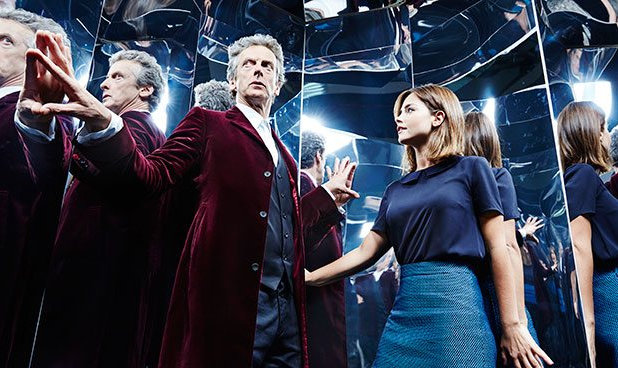
Back in March, 2012, I wrote a few articles on my former blog about how we will consume television shows and films in the future, noting that the free-to-air television stations were living on borrowed time.
Now that was before Netflix and other streaming services had taken a hold in Australia (which was my specific market of reference then), but there were already all sorts of offerings on cable, satellite and the internet that seemed a lot more interesting to me than what the free-to-air (FTA) networks were offering.
The day after I tackled the subject, I received a confidential message from somebody who worked in the television industry.
Noting that “fatal decay” in broadcast television had begun many years ago, my correspondent noted : “Who wouldn’t rather order from a menu?”
As I wrote then: the food analogy is a useful one, but I’d employ it differently. I’d say, who would want to choose from a limited menu when there’s a whole smorgasbord to be enjoyed? Oh, and not everybody wants to eat at the same time, and no matter how good the chef is, we don’t always want to eat at the same restaurant.
This is why, even with the greater flexibility offered by having extra digital channels, free-to-air television can’t compete with pay-TV, let alone the internet.
This is a global phenomenon. At the moment, network production resources are largely devoted to sport, news and current affairs, and reality TV. That’s a good thing for short-term ratings results but, in general, these programs have a very short “shelf life”, meaning limited returns in terms of repeat fees.
To survive, networks must focus on being production houses first, and broadcasters second. The BBC, for example, is constantly under threat of having its budget slashed through the reduction (or ultimate elimination) of the licence fee that Britons pay to support it. Its ultimate lifeline will be its vast back catalogue of quality drama and comedy — including the likes of Fawlty Towers, Black Adder, (the original) House of Cards, Bleak House and so many more — its ongoing role as producer of such shows as Doctor Who and Sherlock, which are popular beyond the UK, and its international news, entertainment and documentary channels.
If other broadcasters are not out there seeking fresh talent — starting with writers who can produce great scripts — and prepared to take a punt on drama and comedy, then they are signing their own death warrants.
Ultimately, even material produced by what are now the FTA networks will appear first on paid-for platforms. FTA TV will be a wasteland of repeats with little or no marketable value, or with some appeal to particular advertisers (think of a supermarket chain sponsoring a cooking channel).
There may be a few people who are prepared to wait until the content they want to see to appear on FTA, but most of us will opt to pay for what we want to see, as long as we can see it now. Right now.

Wonderful post however I was wanting to know if you could write a litte more
on this subject? I’d be very thankful if you could
elaborate a little bit more. Thank you!